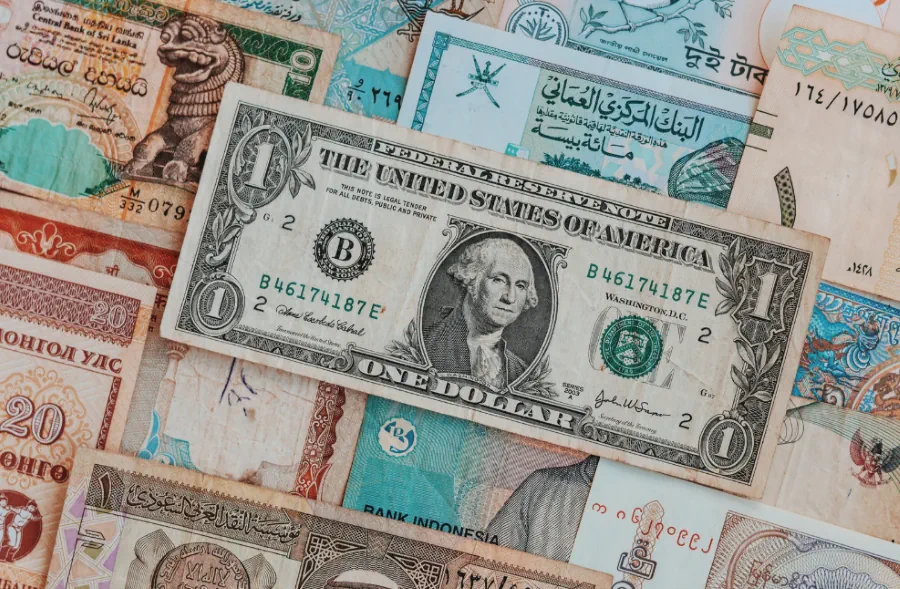Foreign Reserves Hit IMF Target Ahead of Pakistan’s Fiscal Year End, Reached The Critical $14 Billion Mark

Pakistan’s foreign exchange reserves have reached the critical $14 billion mark, meeting a key target set by the International Monetary Fund (IMF), following the rollover of $3.4 billion in loans from China and additional inflows from regional and multilateral lenders.
According to the Ministry of Finance, the boost comes after China agreed to roll over $2.1 billion that had been parked with the State Bank of Pakistan (SBP) for the past three years and refinance another $1.3 billion commercial loan repaid by Islamabad just two months ago. These rollovers were finalized days before the close of Pakistan’s fiscal year on June 30, aligning the country’s reserve levels with IMF benchmarks.
Also Read:
“This brings our reserves in line with the IMF target,” a senior finance official confirmed on Sunday, noting that the improved position is expected to enhance Pakistan’s credit standing and support ongoing discussions for a new long-term IMF loan program.
The IMF had set a floor of $14 billion in foreign reserves as a key condition for the completion of its $7 billion Extended Fund Facility (EFF), which concluded alongside a recently completed $3 billion Stand-By Arrangement (SBA). Hitting this target was critical for maintaining macroeconomic stability and signaling the success of the country’s reform agenda.
Beyond Chinese assistance, Pakistan also received $1 billion from Middle Eastern commercial banks and $500 million in multilateral funding, pushing reserves past the required threshold. These inflows have not only restored confidence in Pakistan’s ability to manage external obligations but also helped offset a recent decline in reserves, which had fallen to $9.06 billion as of June 20, according to SBP data.
The finance ministry credited these achievements to a coordinated effort involving diplomatic engagement and economic reform. “We are now better positioned to move into the next phase of economic stabilization with the IMF,” the official said.
Rolling over debt involves extending loan maturities instead of requiring immediate repayment—effectively delaying obligations and preserving liquidity. The renewed Chinese support is particularly crucial as Beijing remains Pakistan’s largest bilateral creditor and a consistent partner in times of fiscal stress.
The government believes that meeting the reserve target strengthens its case for securing a new multi-year IMF arrangement, which is expected to focus on further fiscal consolidation, energy sector reforms, and measures to boost exports and investment.
Despite achieving the reserve goal, economic challenges persist. Nearly 92% of Pakistan’s external debt remains tied to multilateral and bilateral lenders and global bond markets, with repayment pressures continuing in the medium term.
Read all the Breaking News Live on pakistantimes.com and Get Latest English News & Updates from Pakistan Times. Follow us on Whatsapp channel for more.









